MES系统和VPS系统的区别

Introduction
MES (Manufacturing Execution System) and VPS (Virtual Private Server) are two distinct systems used in different industries for various purposes. While they may sound similar, they serve different functions and are designed for specific applications. This article will explore the differences between MES and VPS systems, shedding light on their features, benefits, and use cases.
MES System
MES, also known as Manufacturing Execution System, is a software-based system used in manufacturing industries to monitor, control, and optimize production processes in real-time. MES acts as a bridge between the Enterprise Resource Planning (ERP) system and the shop floor operations, providing valuable insights and enabling efficient decision-making.
Features of MES System
- Production scheduling and planning: MES systems allow manufacturers to create optimized production schedules based on resources, demand, and constraints.
- Work order management: MES helps in managing work orders, tracking progress, and ensuring timely completion.
- Quality management: MES systems offer tools for monitoring and controlling quality throughout the production process, including inspection, testing, and data collection.
- Inventory management: MES provides real-time visibility of inventory levels, facilitating accurate material tracking and reducing waste.
- Performance analysis: MES systems generate reports and analytics to evaluate production performance, identify bottlenecks, and improve overall efficiency.
Benefits of MES System
- Increased productivity: MES streamlines production processes, reduces downtime, and improves resource utilization, leading to enhanced productivity.
- Improved quality control: By tracking and monitoring every step of the production process, MES helps identify and rectify quality issues quickly, reducing defects and rework.
- Enhanced traceability: MES systems provide end-to-end traceability, enabling manufacturers to track and trace products, raw materials, and components throughout the supply chain.
- Better decision-making: Real-time data and analytics provided by MES systems enable informed decision-making, helping manufacturers respond promptly to changing market conditions.
VPS System
VPS, which stands for Virtual Private Server, is a virtualized server environment created within a physical server. It is primarily used in web hosting and IT infrastructure management. VPS provides users with dedicated resources and greater control over their server environment compared to shared hosting.
Features of VPS System
- Dedicated resources: VPS offers dedicated CPU, RAM, and storage space, ensuring optimal performance and eliminating the risk of resource contention.
- Customizability: Users have administrative access to the virtual server, allowing them to install software, configure settings, and customize the environment as per their requirements.
- Scalability: VPS systems allow users to easily scale up or down their resources based on changing needs, offering flexibility and cost-effectiveness.
- Security: VPS provides a higher level of security compared to shared hosting, as each virtual server is isolated from others and operates independently.
- Reliability: VPS systems have built-in redundancy measures, ensuring high availability and minimizing the risk of server failures.
Benefits of VPS System
- Increased performance: With dedicated resources, VPS ensures better performance and faster loading times for websites and applications.
- Improved security: VPS provides enhanced security features, isolating each virtual server from others and reducing the risk of breaches and data leaks.
- Cost-effective: VPS offers a cost-effective solution for businesses that require dedicated resources but cannot afford dedicated servers.
- Easy scalability: VPS allows users to easily scale up or down their resources, providing the flexibility to accommodate changing demands.
Differences between MES and VPS Systems
While both MES and VPS systems are software-based solutions, they serve different purposes and cater to different industries. Here are some key differences:
1. Industry: MES systems are primarily used in manufacturing industries, whereas VPS systems are commonly used in web hosting and IT infrastructure management.
2. Functionality: MES focuses on production process monitoring, control, and optimization, while VPS provides virtual server environments with dedicated resources and greater control over the server.
3. Scope: MES systems cover various aspects of manufacturing, including production planning, quality control, and inventory management. VPS systems primarily focus on server management and hosting services.
4. Target users: MES systems are designed for manufacturers and production managers, while VPS systems target businesses and individuals looking for reliable web hosting and server management solutions.
Conclusion
In conclusion, MES and VPS systems are distinct software solutions used in different industries for different purposes. MES systems optimize production processes in manufacturing industries, while VPS systems provide virtual server environments for web hosting and IT infrastructure management. Understanding the differences between these systems is crucial for businesses to choose the appropriate solution that best fits their requirements and enables them to achieve their goals efficiently.
��Ѷ��ҵ����������2006�꣬ӵ�������з����뿪��ƽ̨����һ�Ҽ���Ӫ�������졢�ɹ���ȫ��·���ǻ��������Ʒ����̺ͷ����̡���Ʒ�������ֻ����䡢����������������������˾��MRO��ERP��MES��WMS��CRM��SRM�Ȳ�ƷΪ������Ϊ�ͻ��ṩ���ǻ��������巽���滮��������ܷ�����Χ���������Ǻͳ����ǵ����������ڰ����ͻ������к�ʵ�ʳ������ɴ��С��ɴ��µ����ֻ���Ӫ��ϵ�������������Ϣ�����������ֻ��;������ܻ��������⣬Ϊ��ͬ��ҵ����ͬ��ʵ�ֲ�ͬ�ľ�ӪĿ�ꡣ



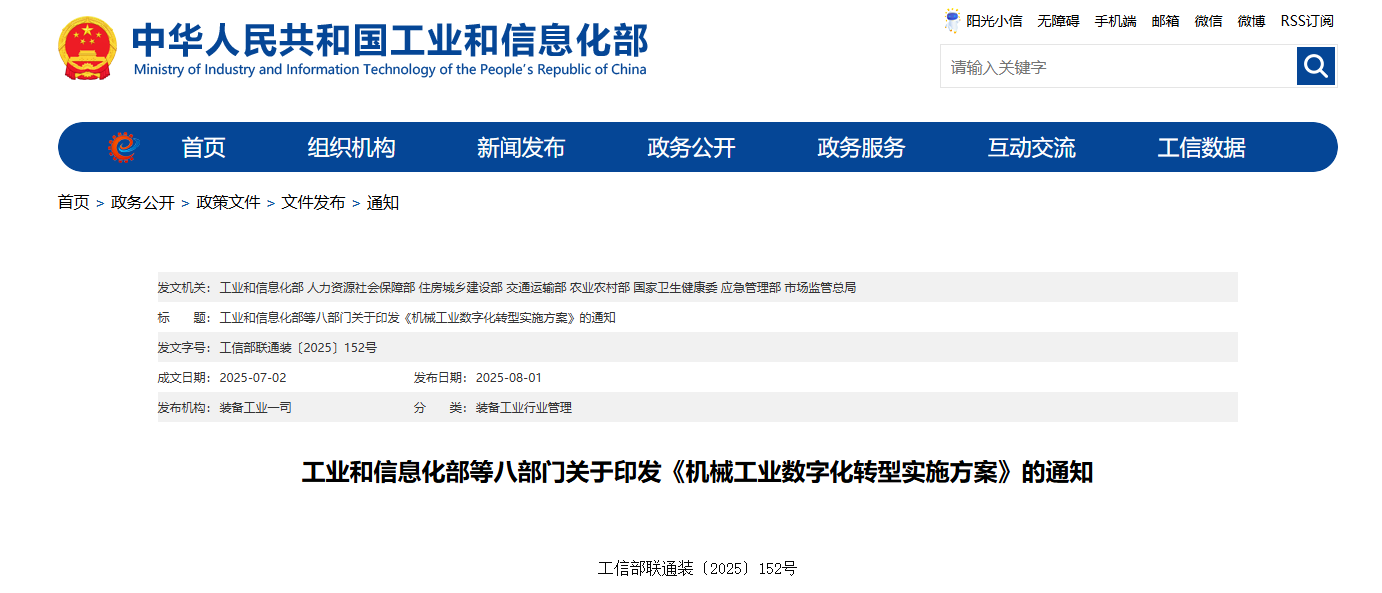

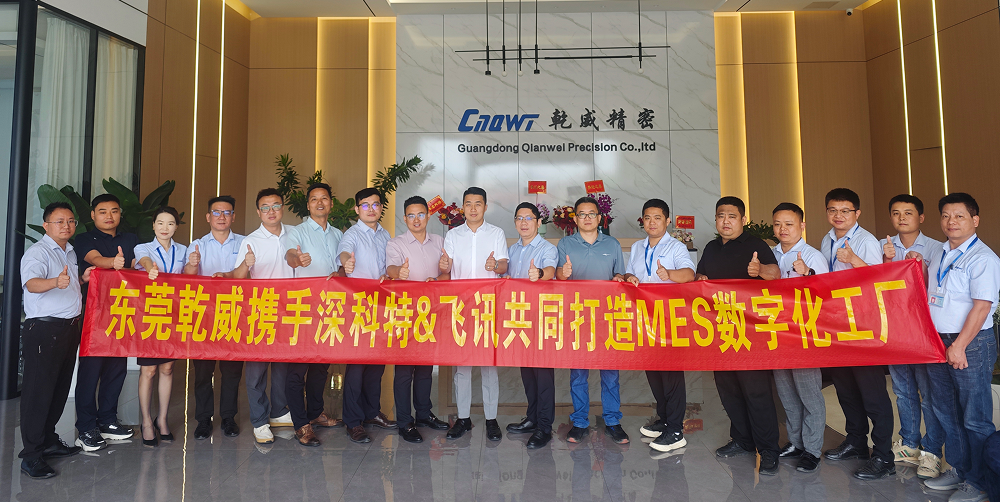




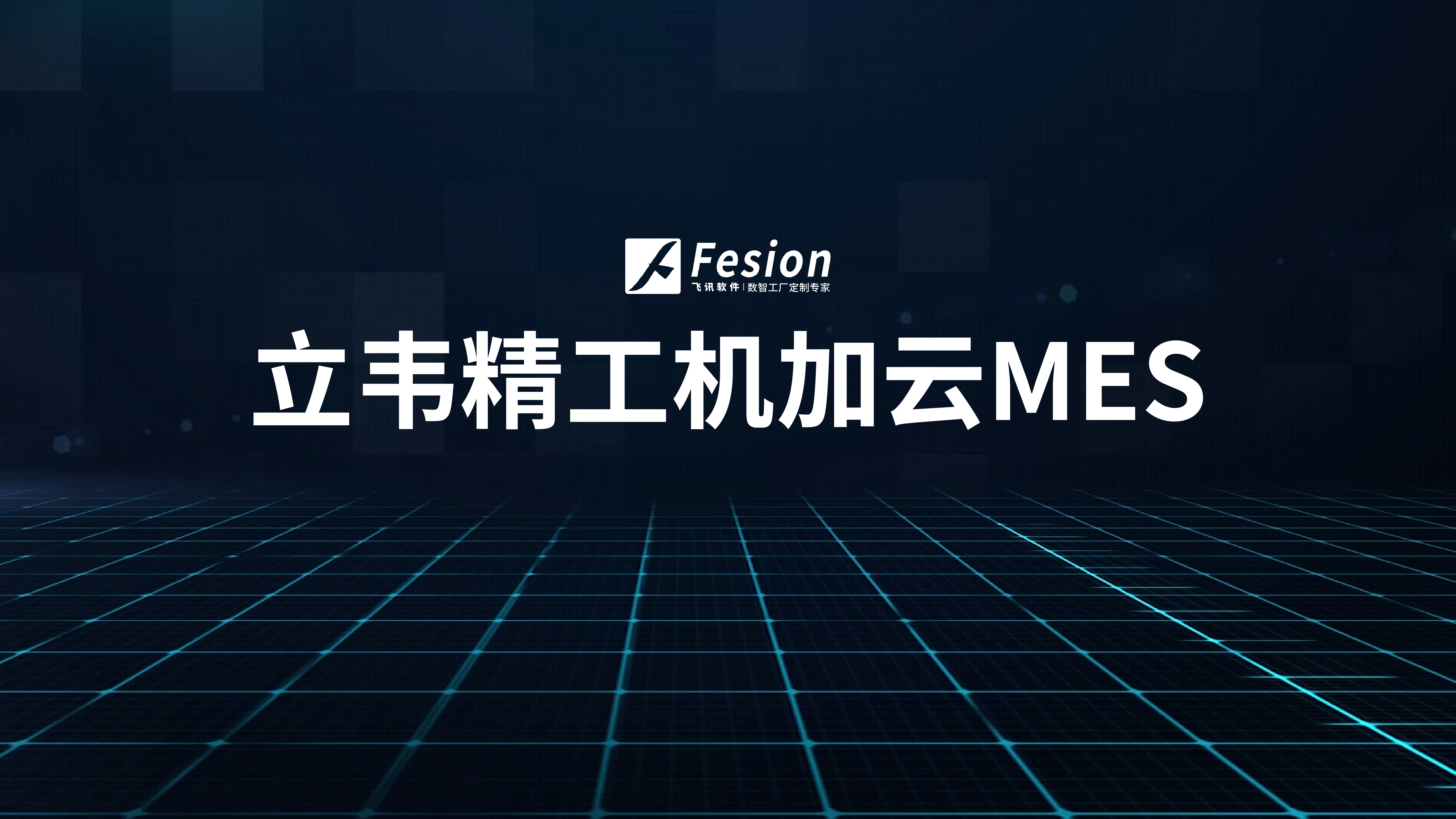
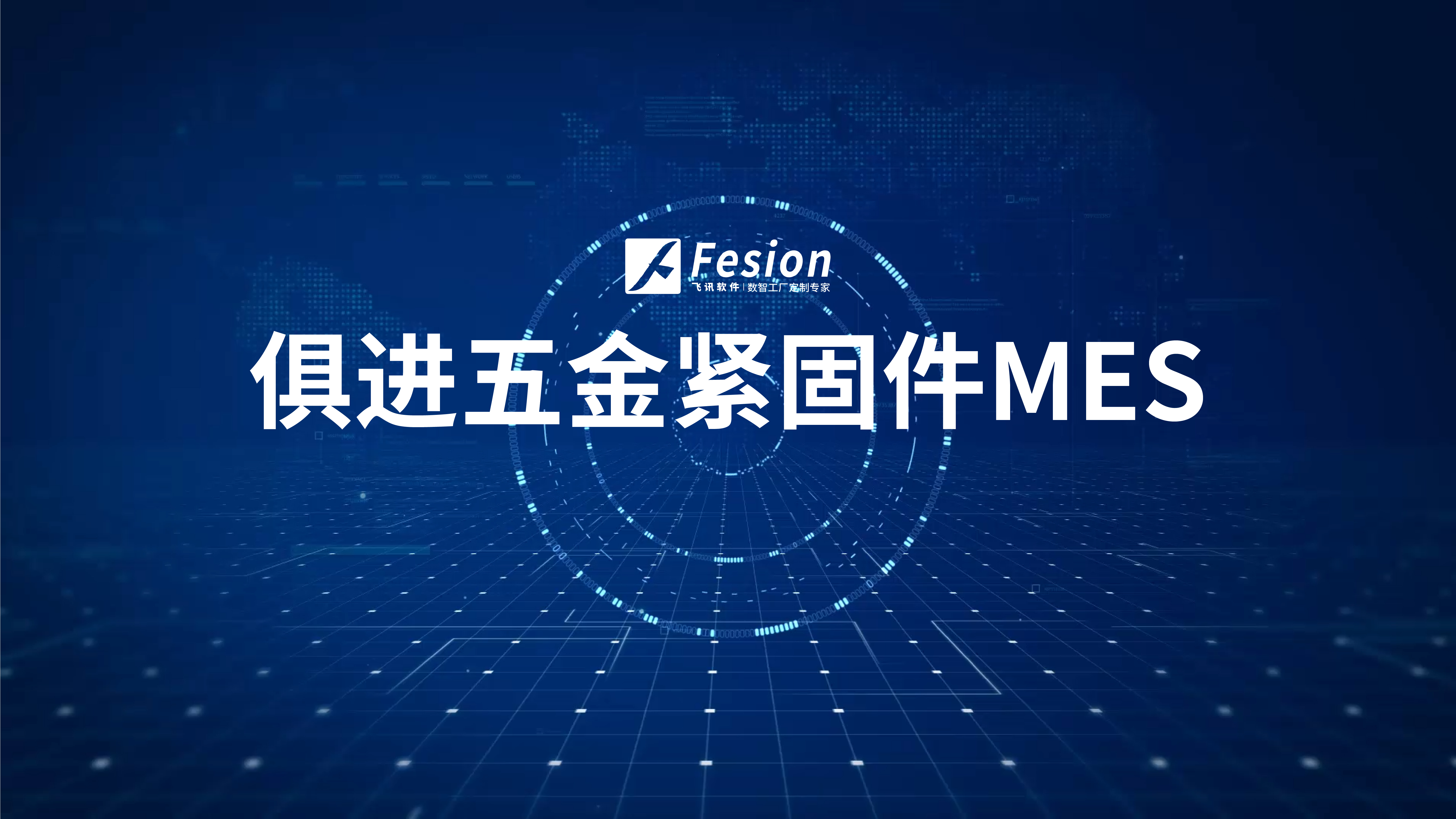
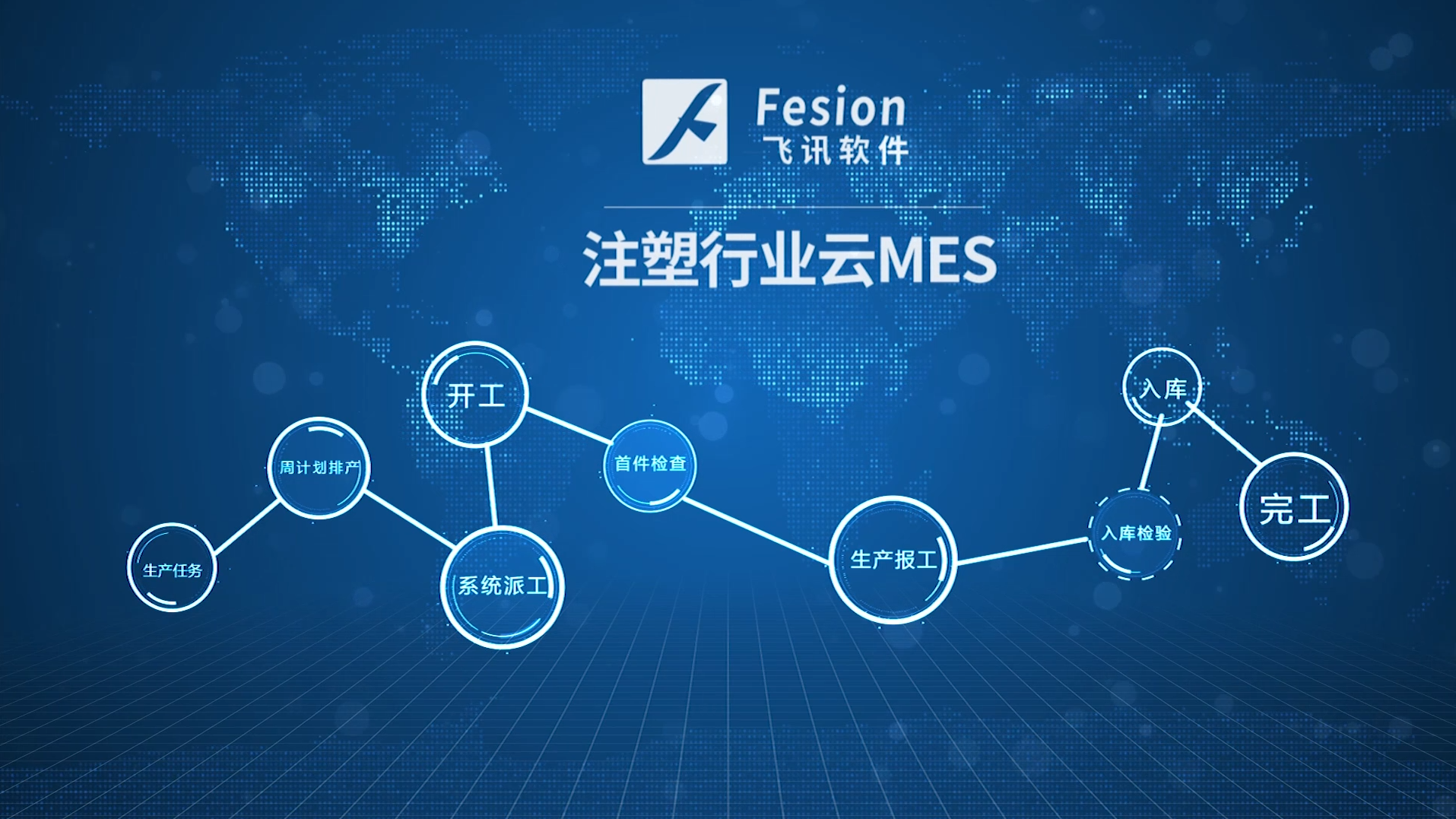

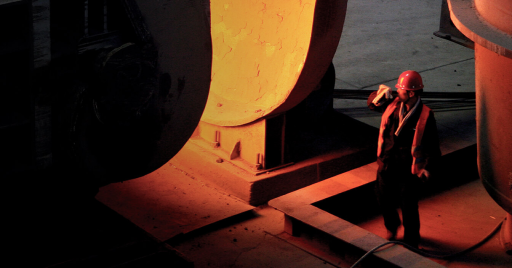








请先 登录后发表评论 ~